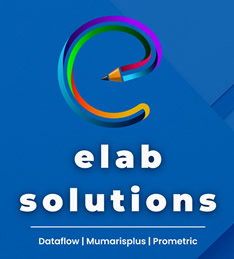
OCCUPATIONAL ENGLISH TEST (OET)
The Occupational English Test (OET) is an English language proficiency test that is specifically designed for healthcare professionals. It is used to assess the English language skills of healthcare professionals who want to work in countries where English is the primary language of communication. The OET exam is designed to test a candidate’s ability to use English effectively in a range of professional communication tasks, including reading, writing, listening, and speaking. The OET exam is typically taken by healthcare professionals such as doctors, nurses, dentists, and pharmacists.
The OET exam consists of four subtests:
● listening,
● reading,
● writing, and
● speaking.
The listening, reading, writing and speaking subtests are all completed on the same day. Each subtest is designed to assess the language skills that are relevant to healthcare professionals, such as the ability to understand and use medical terminology, communicate effectively with patients and colleagues, and write clinical notes and reports.
To prepare for the OET exam, you should familiarize yourself with the exam format and content. You can find information about the exam, including sample test materials, on the OET website. You may also want to consider taking a review course or working with a tutor to improve yourEnglish language skills.
The OET is based on real healthcare situations and is designed to test the language skills that healthcare professionals need in their day to day work. The listening and reading sections of the test are based on authentic materials such as medical reports, patient case notes, and journal articles. The writing and speaking sections of the test require candidates to demonstrate their ability to communicate in a range of healthcare contexts, such as consulting with patients, writing referral letters, and participating in team meetings.
It is important to note that the OET exam is designed to assess the language skills of healthcare professionals, so it is advised to have a background in healthcare to take the exam. At least having a basic understanding of medical terminology and concepts may be helpful in preparing for the exam.
It is recognized by a number of regulatory authorities and professional bodies around the world, including the Nursing and Midwifery Board of Australia (NMBA) and the Health and Care Professions Council (HCPC) in the UK, Nursing & Midwifery Council, UK.

